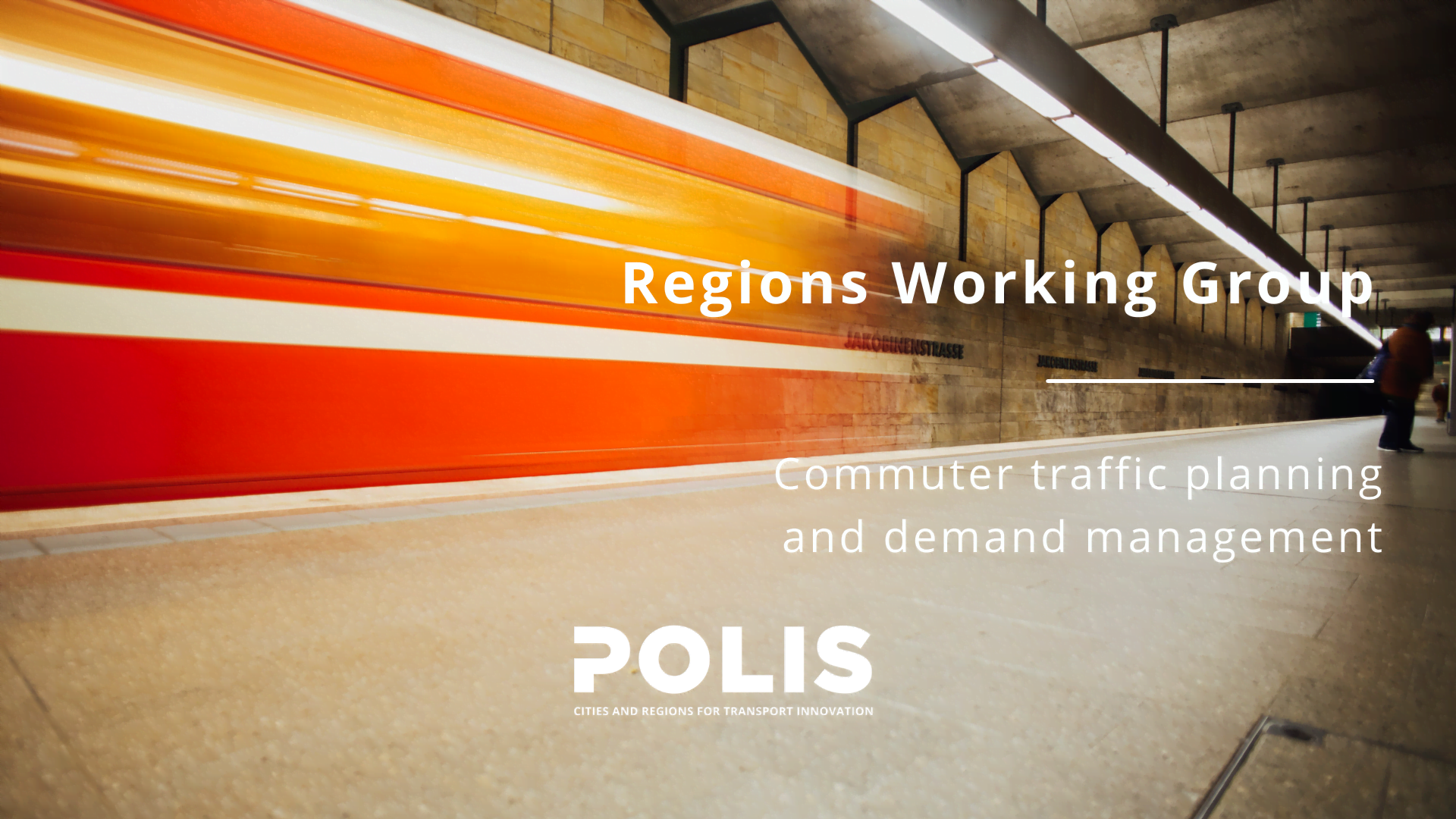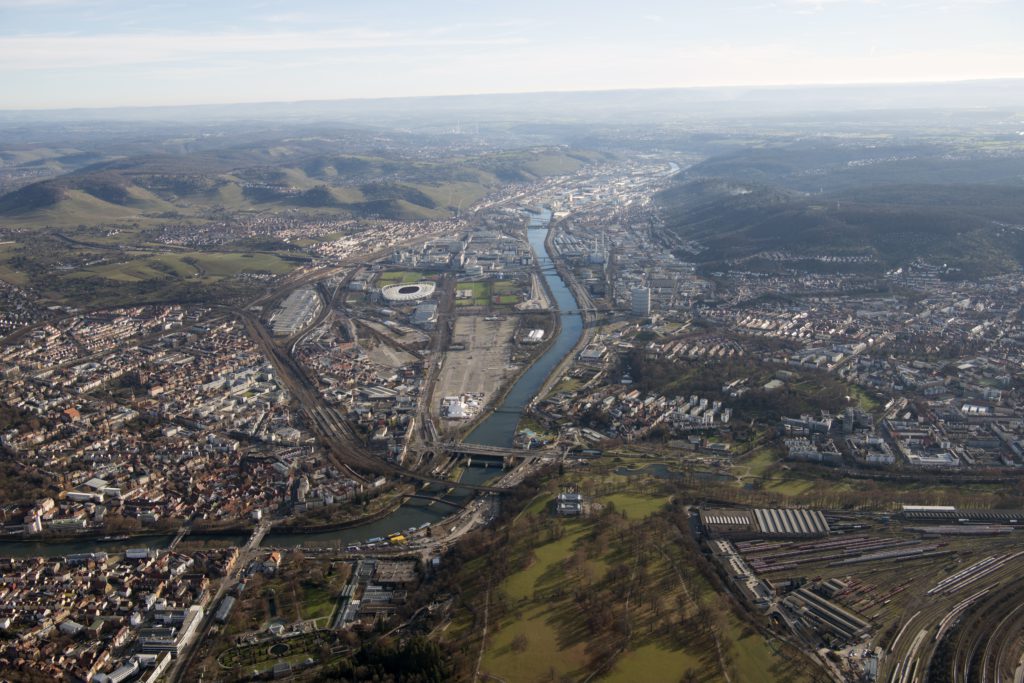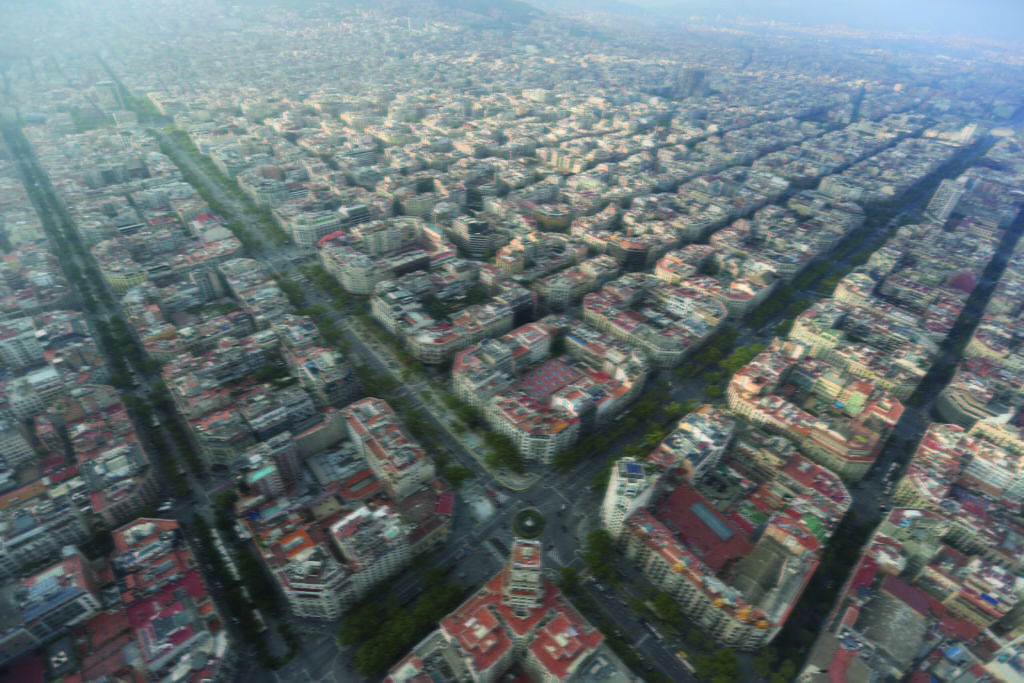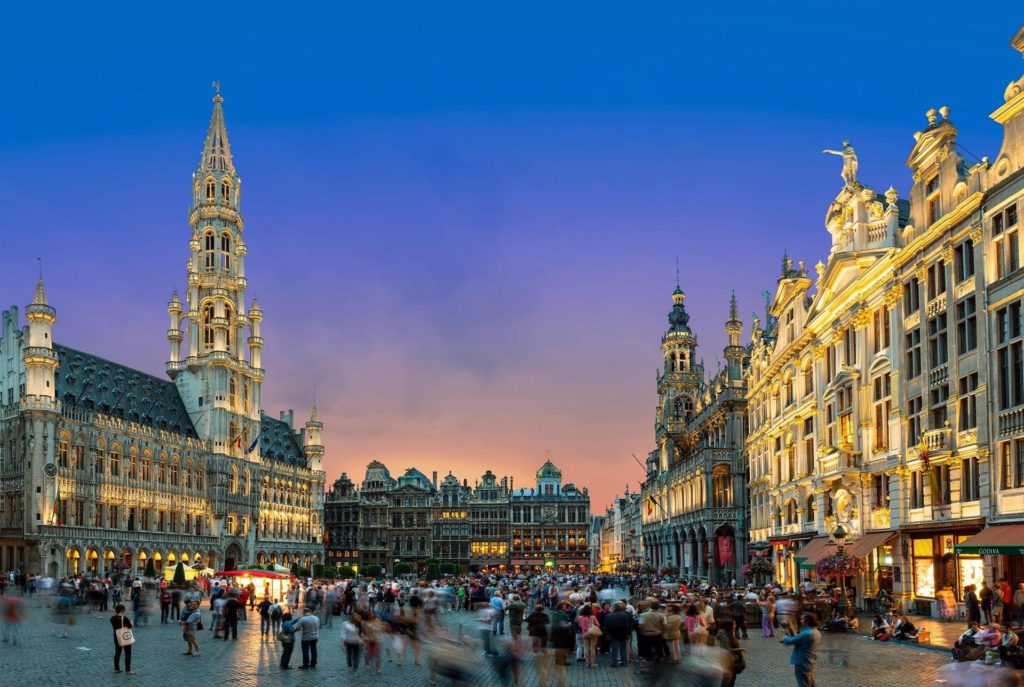Commuter traffic planning and demand management: Regions Working Group convenes!
Commuter travel patterns have changed significantly over the last few years. Prompted by the COVID-19 pandemic and driven by accelerating communication technologies, work patterns have become more flexible. Behaviours have changed and - as recent research reveals - car traffic has not in fact returned to pre-pandemic levels.
Nonetheless, private car travel persists, and the number of commuters entering cities in combustion vehicles does not put cities and regions on track for climate neutrality goals. Significant change is still needed - fast!
On 14 October 2022, the Regions Working Group met virtually to explore the way forward. From Barcelona’s LEZ to the Brussels Region’s SmartMove project, Vlaams Brabant’s regional spatial policy to Vervoerregio Amsterdam's mobility hubs; our members revealed how regions are - and can further - guide sustainable commuter flows.
There was also a little help from the Dynaxibility4CE project!
We explored experiences developing and scaling up Low Emissions Zones and congestion charging, approaches to regional cooperation models and enhancing alternative modes of travel.
About the Regions Working Group
The role and importance of regions are often overlooked in our conversations around urban mobility. From Catalonia’s new bus networks to Baden Württemberg’s expansion of human resources for sustainable transport, POLIS member regions have been playing a pivotal role in developing and testing public transport services, active travel infrastructure, e-mobility…the list goes on!
This Working Group explores leading mobility themes with a focus on regional governance approaches, challenges, and solutions.
Find out more HERE.






